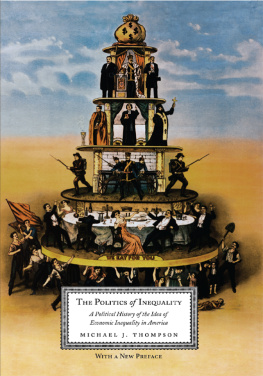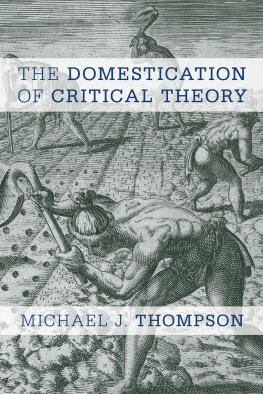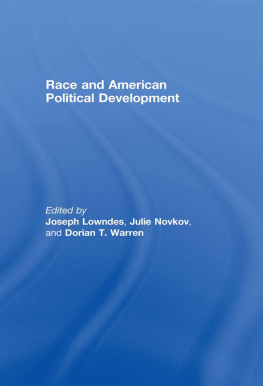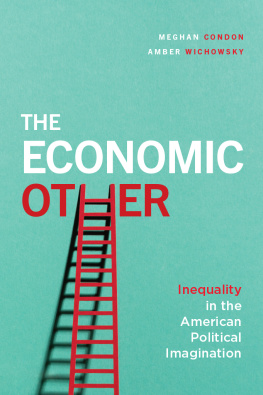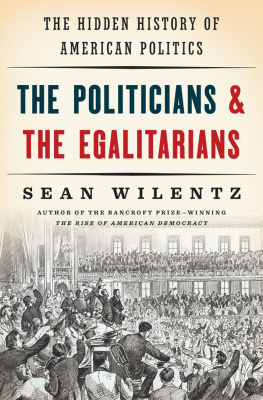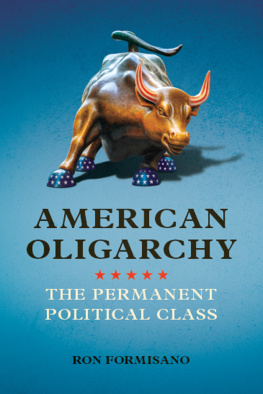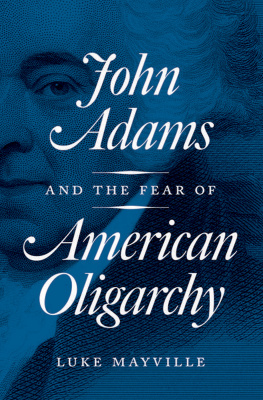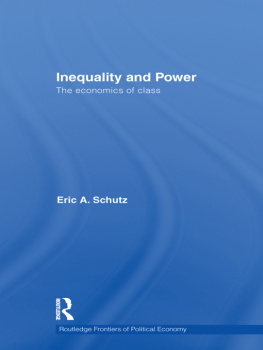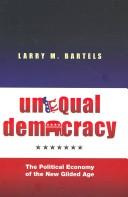Thompson - The Politics of Inequality : a political history of the idea of economic inequality in America
Here you can read online Thompson - The Politics of Inequality : a political history of the idea of economic inequality in America full text of the book (entire story) in english for free. Download pdf and epub, get meaning, cover and reviews about this ebook. City: New York, N.Y., United States, United States, year: 2012, publisher: Columbia University Press, genre: Politics. Description of the work, (preface) as well as reviews are available. Best literature library LitArk.com created for fans of good reading and offers a wide selection of genres:
Romance novel
Science fiction
Adventure
Detective
Science
History
Home and family
Prose
Art
Politics
Computer
Non-fiction
Religion
Business
Children
Humor
Choose a favorite category and find really read worthwhile books. Enjoy immersion in the world of imagination, feel the emotions of the characters or learn something new for yourself, make an fascinating discovery.
The Politics of Inequality : a political history of the idea of economic inequality in America: summary, description and annotation
We offer to read an annotation, description, summary or preface (depends on what the author of the book "The Politics of Inequality : a political history of the idea of economic inequality in America" wrote himself). If you haven't found the necessary information about the book — write in the comments, we will try to find it.
In this impassioned book, Michael J. Thompson reaches back into Americas rich intellectual history to reclaim the politics of inequality from the distortion of recent American conservatism. He begins by tracing the development of the idea of economic inequality as it has been conceived by political thinkers throughout American history. Then he considers the change in ideas and values that have led to the acceptance and occasional legitimization of economic divisions. Thompson argues that American liberalism has made a profound departure from its original practice of egalitarian critique. It has all but abandoned its antihierarchical and antiaristocratic discourse. Only by resuscitating this tradition can democracy again become meaningful to Americans.
The intellectuals who pioneered egalitarian thinking in America believed political and social relations should be free from all forms of domination, servitude, and dependency. They wished to expose the antidemocratic character of economic life under capitalism and hoped to prevent the kind of inequalities that compromise human dignity and freedom-the core principles of early American politics. In their wisdom is a much broader, more compelling view of democratic life and community than we have today, and with this book, Thompson eloquently and adamantly fights to recover this crucial strand of political thought.
In this impassioned book, Michael J. Thompson reaches back into Americas rich intellectual history to reclaim the politics of inequality from the distortion of recent American conservatism. He begins by tracing the development of the idea of economic inequality as it has been conceived by political thinkers throughout American history. Then he considers the change in ideas and values that have led to the acceptance and occasional legitimization of economic divisions. Thompson argues that American liberalism has made a profound departure from its original practice of egalitarian critique; it has all but abandoned its antihierarchical and antiaristocratic discourse. Only by resuscitating this tradition can democracy again become meaningful to Americans.
The intellectuals who pioneered egalitarian thinking in America believed political and social relations should be free from all forms of domination, servitude, and dependency. They wished to expose the antidemocratic character of economic life under capitalism and hoped to prevent the kind of inequalities that compromise human dignity and freedomthe core principles of early American politics. In their wisdom is a much broader, more compelling view of democratic life and community than we have today, and with this book, Thompson eloquently and adamantly fights to recover this crucial strand of political thought
Thompson: author's other books
Who wrote The Politics of Inequality : a political history of the idea of economic inequality in America? Find out the surname, the name of the author of the book and a list of all author's works by series.

